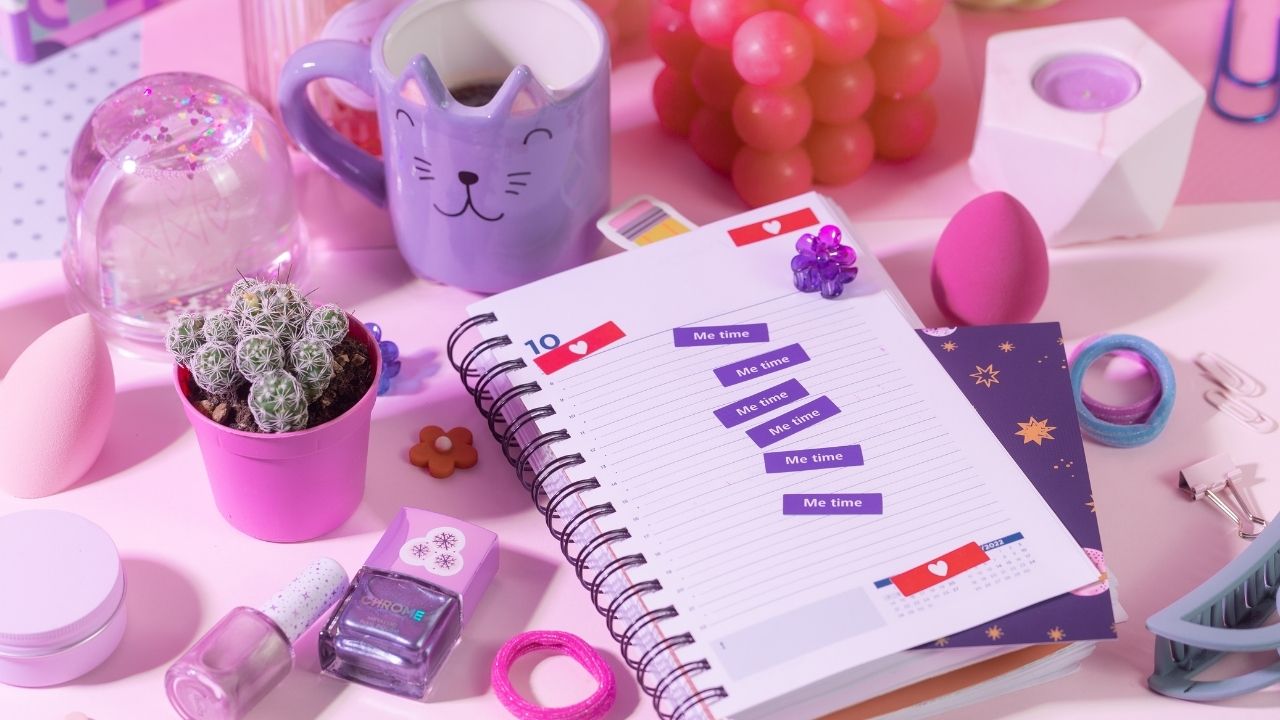
Journaling is a powerful tool for personal growth, self-reflection, and emotional well-being. Whether you prefer a classic diary, a sleek notebook, or a digital writing platform, the act of regular reflection and self-expression can have a profound impact on your life. In this comprehensive guide, we'll explore the best journaling techniques to help you unlock your full potential.
The Benefits of Journaling
Keeping a journal is more than just a hobby – it's a proven way to enhance your mental and emotional health. Through the process of putting pen to paper (or fingers to keyboard), you can:
1. Improve self-awareness: Journaling encourages you to delve deeper into your thoughts, feelings, and behaviors, allowing you to gain a better understanding of yourself.
2. Manage stress and anxiety: The act of writing can be a therapeutic release, helping you process and work through difficult emotions.
3. Boost creativity and problem-solving: Journaling can stimulate your mind, leading to innovative ideas and solutions to life's challenges.
4. Enhance emotional intelligence: Regular journaling can help you develop a stronger grasp of your own emotions, as well as those of the people around you.
5. Achieve personal goals: Journaling can be a powerful tool for tracking your progress, celebrating your successes, and staying motivated towards your objectives.
5 Proven Journaling Techniques
Now that you understand the benefits of journaling, let's explore five proven techniques to help you get the most out of your writing practice:
1. Daily Reflection
The simplest and most common journaling technique is the daily reflection. Set aside a specific time each day, whether it's first thing in the morning or just before bed, to write about your thoughts, feelings, and experiences from the day. This consistent practice can help you develop self-awareness and process your emotions in a healthy way.
2. Gratitude Journaling
Gratitude journaling involves taking the time to acknowledge and appreciate the positive aspects of your life. Each day, make a list of the things you're grateful for, whether it's a beautiful sunset, a kind gesture from a friend, or simply the opportunity to be alive. Focusing on gratitude can boost your mood, increase optimism, and improve your overall well-being.
3. Bullet Journaling
Bullet journaling is a highly structured and customizable journaling method that combines note-taking, task-tracking, and self-reflection. This technique involves using a series of bullet points, symbols, and short phrases to quickly capture your thoughts, ideas, and to-do items. Bullet journaling can help you stay organized, increase your productivity, and find creative ways to express yourself.
4. Dialogue Journaling
In this technique, you imagine having a conversation with a specific person or entity, such as a friend, a mentor, or even your higher self. Write out the dialogue, allowing both sides to express their thoughts and feelings. This can be a powerful way to gain new perspectives, seek guidance, and work through complex issues.
5. Creative Journaling
Take your journaling to the next level by incorporating creative elements such as doodles, collages, and mixed media. This approach allows you to tap into your artistic side and explore your thoughts and emotions through a visual medium. Creative journaling can be a great way to relieve stress, boost your mood, and unlock your creative potential.
Choosing the Right Journaling Medium
The beauty of journaling is that there's no one-size-fits-all approach. Experiment with different writing materials and formats to find the one that works best for you. Some popular options include:
- Traditional notebooks and journals
- Digital diaries and note-taking apps
- Loose-leaf paper or index cards
- Decorative writing journals with prompts and lined pages
Consider factors such as your personal preferences, portability, and the level of privacy you desire when selecting your journaling medium. There's no right or wrong choice – the most important thing is to find a method that encourages you to write consistently and authentically.
Developing a Journaling Habit
Incorporating journaling into your daily routine can be a game-changer, but it does require a level of commitment and discipline. Here are some tips to help you develop a sustainable journaling habit:
1. Set a consistent time and place: Dedicate a specific time each day, such as first thing in the morning or just before bed, to sit down and write in your journal.
2. Start small: Don't overwhelm yourself with high expectations. Begin with just a few minutes of writing per day and gradually increase the time as it becomes a natural part of your routine.
3. Experiment with prompts: If you ever feel stuck, try using journaling prompts to kickstart your writing process. These can be as simple as "What are three things I'm grateful for today?" or as complex as "How can I overcome this challenge I'm facing?"
4. Celebrate your progress: Acknowledge and celebrate your journaling milestones, whether it's completing your first full notebook or maintaining a consistent practice for a certain number of days.
Remember, the key to successful journaling is finding an approach that aligns with your personal preferences and lifestyle. By embracing the process and being patient with yourself, you can unlock the transformative power of this powerful self-reflection tool.
Conclusion
Journaling is a versatile and highly beneficial practice that can positively impact various aspects of your life. From improving self-awareness and managing stress to boosting creativity and achieving your goals, the best journaling techniques offer a unique and powerful way to cultivate personal growth and well-being. Experiment with the methods outlined in this guide, find the approach that resonates most with you, and embark on a transformative journey of self-discovery and self-expression. Start your journaling practice today and unlock your full potential.
 Writing TipsCreative WritingJournalingSketching TechniquesBuying GuidesPrivacy PolicyTerms And Conditions
Writing TipsCreative WritingJournalingSketching TechniquesBuying GuidesPrivacy PolicyTerms And Conditions
